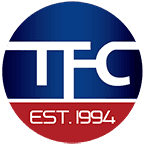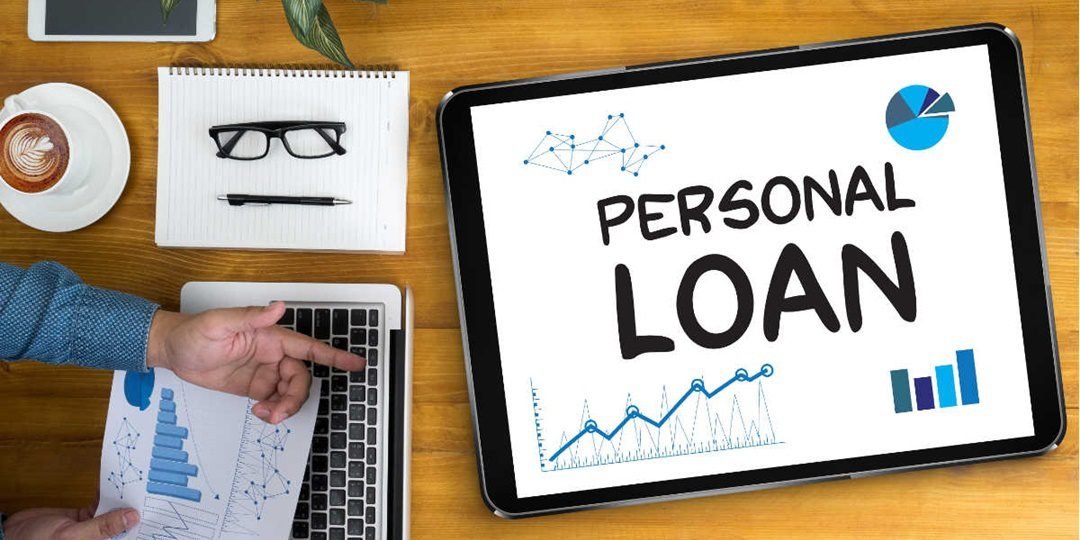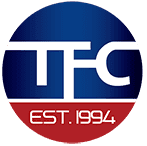If you are wondering if a personal loan is right for you, but are not sure what types of personal loans are available or what the best option for your needs is.
TFC Title Loans will help you to get all of the information that you need, so you can decide what loan is best for you, you can also get a vehicle title loan with the equity of your car.
There are many different types of personal loans, each with its own terms, conditions, and repayment options. It can be difficult to compare all of the different loan options and choose the one that is right for you.
There are many factors to consider, such as the interest rate, the loan length, and the monthly payments. You will also want to compare the different lenders to see which one offers the best terms.
Reasons To Get A Personal Loan
There are many reasons why you might want to get a personal loan. Maybe you need to consolidate debt, or you want to make a large purchase.
Whatever your reason, it’s important to compare lenders to see which one offers the best interest rate and terms for your needs. You can compare lenders online, by phone, or in person. When you compare lenders, be sure to ask about:
– The interest rate
– The term of the loan
– The fees associated
Interest rates – The monthly payment – The total cost of the loan – The APR
– The pros and cons
When you are taking out a personal loan, it is important to be aware of all the different aspects of the loan that will affect your finances. One of the most important factors is payment.
The payment is the total amount that you will pay for the car, including interest, over the life of the loan. The interest rate is the amount of interest that you will pay on a loan, and it can vary depending on the type of loan that you get.
The loan term can be anywhere from a few months to a few years, and the lender will determine the interest rate. The amount of the loan will also be determined by the lender, and you will need to have good credit to qualify.
Repayment terms are typically between two and five years, although some lenders may offer terms as long as seven years.
You will need to make sure you can afford the monthly payments, which will be determined by the loan amount, the interest rate, and the repayment term.
The loan amount is the total amount of money you borrow, and the interest rate is the percentage of that loan you must pay back in addition to the original amount.

The Personal Loan Application Process
To qualify for a personal loan, you must have a good to excellent credit score, a steady income, and a low debt-to-income ratio. The loan application process is relatively simple.
Personal loan pros and cons.
When considering taking out a personal loan, it is essential to understand both the pros and cons of this type of financing. On the plus side, loans can give you the funds you need to make a significant purchase, consolidate debt, or cover an unexpected expense. The application process is usually quick and easy, and you can often get a decision within a few days. Plus, personal loans typically have lower interest rates than credit cards.
Questions About Personal Loans
-
What is the interest rate?
The interest rate on personal loans can vary depending on the lender, the money you borrow, and the repayment term. Generally, personal loan interest rates are lower than credit cards. The average interest rate on personal loans is about 10%.
-
What are the fees?
The fees associated with personal loans can vary depending on the lender, the amount of the loan, and the repayment terms. Some common fees are typically associated with personal loans, including origination fees, late fees, and prepayment penalties.
Origination fees are typically a percentage of the total loan amount and are charged by the lender for processing the loan.
-
What are the repayment terms?
The repayment term for personal loans can vary depending on the lender but is typically between two and five years. The repayment schedule is generally set up so that the borrower makes equal monthly payments, although some lenders may allow for bi-weekly or even weekly payments.
The interest rate on these loans is also typically fixed, meaning that the borrower will know exactly how much they need to pay each month to fully repay the loan by the end of the term.
4. How do personal loans work?
Assuming you are referring to unsecured personal loans, they work by the borrower agreeing to repay the lender the amount borrowed plus interest and fees over a set period.
The loan is unsecured because no collateral is required to get the loan. The borrower’s credit score and credit history are used to determine the interest rate and maximum loan amount. The loan process begins with the borrower completing a loan application.
5. What are the eligibility requirements for personal loans?
A few eligibility requirements must be met to be approved for a personal loan. The first is that the borrower must have a good credit score.
6. What is the application process?
The application process for personal loans can vary depending on the lender, but there are some common steps that you can expect to go through.
The first step is to fill out an application. This can be done online, over the phone, or in person. You will need to provide some basic information about yourself, including your contact information, employment history, and income.
7. What are the repayment options?
There are a few repayment options for personal loans:
1. You can choose to repay the loan in full, with interest, at any time.
2. You can choose to make minimum monthly payments, which will cover the interest and a portion of the principal.
3. You can choose to make interest-only payments, which will only cover the interest on the loan.
8. What happens if I default on my loan?
If you default on your loan, the lender will likely report the delinquency to the credit bureaus. The lender may also pursue legal action to collect the outstanding balance, resulting in wage garnishment or seizure of assets.
Frequently Asked Questions About Personal Loans
- What is a personal loan? A personal loan is a type of unsecured loan that you can use for various personal expenses, such as consolidating debt, covering medical bills, or funding a major purchase. Unlike title loans, personal loans do not require collateral.
- How do I apply for a personal loan? To apply for a personal loan, follow these steps:
- Research and choose a lender with favorable terms.
- Fill out the application form with your personal and financial information.
- Provide necessary documents, such as proof of income, identification, and possibly credit history.
- Submit the application and wait for approval, which may include a credit check.
- If approved, review and sign the loan agreement to receive the funds.
- What factors affect the interest rate on a personal loan? Several factors can influence the interest rate on a personal loan, including:
- Your credit score: Higher scores typically qualify for lower rates.
- Loan amount and term: Larger amounts or longer terms may come with higher rates.
- Lender policies: Different lenders offer varying rates based on their risk assessments and market conditions.
Quote from Daniel Joelson, Consumer Finance Expert: “Personal loans can be a flexible financing option for many needs, but it’s crucial to understand the terms and shop around for the best rates. A lower interest rate can save you a significant amount of money over the life of the loan.”


